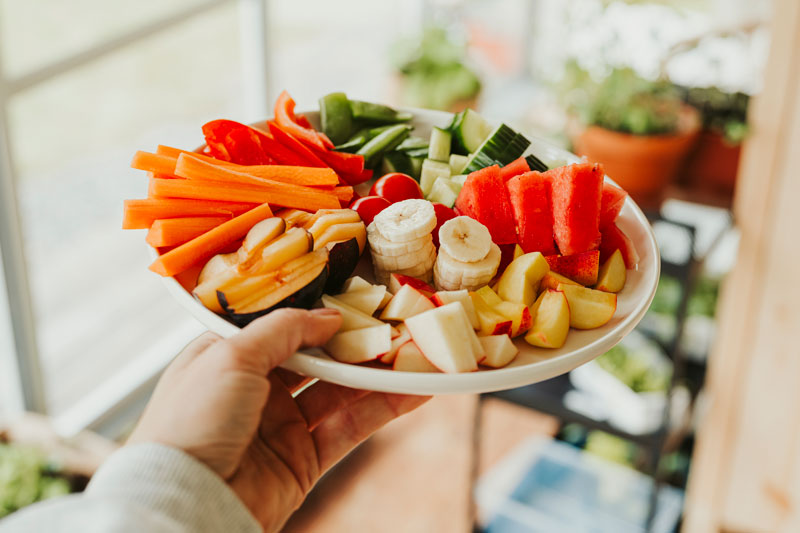Have you ever tried to lose weight? Cut out food like sugar or bread? Follow a diet only to be disappointed that you could not stick with it? Or it did not produce the desired results?
Good news – it’s NOT your fault!
It’s not you that failed; it’s the diet that has failed YOU.
A deeper dive and explore the pitfalls of restrictive eating plans
- Diets slow metabolism. A form of starvation, dieting behavior sends a signal to the body that basic energy needs are not being met. The body responds by going into an energy conservation mode. Instead of revving up the metabolism, the body slows everything down and stores more fat to ensure it can survive the next energy famine.
- Diets cause overeating and bingeing. Denying yourself calories or specific foods automatically triggers a feeling of deprivation. This leads to increased thoughts about food and induces urges to binge or overeat. Binge eating is a normal response to starvation and is a survival mechanism for the body. After all, the body does not know when the next period of famine might be so it naturally wants to pack away energy in preparation. Attempting to overcome the desire to binge eat after a period of restriction is like trying to hold back a sneeze — willpower is not going to be enough to overcome either.
- Diets cause weight gain. Weight cycling occurs as individuals go on and off diets and weight goes down and then comes back up. Over time, the weight gain exceeds the weight loss thanks to a new slower metabolism. This weight becomes the individual’s new “set-point” or where the body feels most comfortable and strives to be. This is often referred to as the “dieter’s plateau” as it becomes more difficult to lose weight with each new diet attempt.
- Diets disconnect us from ourselves. Dieting means following food rules and disregarding the hunger, satisfaction, and fullness cues the body sends us. When this occurs we lose sight of what foods make us feel energized. And how much food is needed to make us feel satisfied. Then when the diet is over we crave the food we had restricted and have little understanding of how to nourish our body without the external food rules.
- Diets rob us of time and energy. What if you were told that you could no longer eat your favorite food? Any type of food rule can lead an individual to become preoccupied with food thoughts. In this instance, you would likely crave the very food that you are restricted from eating and perhaps ruminate about how it looks, tastes, and smells. This takes a great deal of time and energy which means you miss out on things like making connections with people, living in the moment, and enjoying nature.
If not dieting, then what?
- Eat regularly. Fueling the body consistently throughout the day prevents you from feeling ravenously hungry and then eating beyond feeling comfortably full. Try fueling your body every 3 to 5 hours during the day.
- Select satisfying foods. Select a variety of foods that taste good and make you feel good after you eat them. This will look different for everyone; no need to compare yourself to others or have forbidden foods unless a medical condition necessitates the removal of the food from your eating pattern.
- Include macros. Protein, carbohydrates, and fats are all needed by the body as they each serve unique roles. Include some of each macronutrient in each meal and snack.
- Promote pleasure. Eating is more than simply fueling the body. Eating elicits feelings and emotions and connects us to others. Set the stage for a pleasurable experience by dining at a table, inviting others to join you, listening to music while eating, or savoring the taste of each bite. Be in the moment as you eat.
Moms Meals® can help
One of our goals is to provide a variety of tasty and nutritious meals you will enjoy. We know each person is unique in their taste preferences and nutritional needs. That’s why you have the opportunity to order the meals you want from 60+ meal options and nine condition-specific menus. Crafted by professional chefs and registered dietitians, your meals will be well balanced and portioned to provide you with the nutrients your body needs. Get started, today.
Sources
- Weight Size: Evaluating the Evidence for a Paradigm Shift
- What Is Intuitive Eating? A Nutritionist Weighs In On this Popular Anti-Diet



